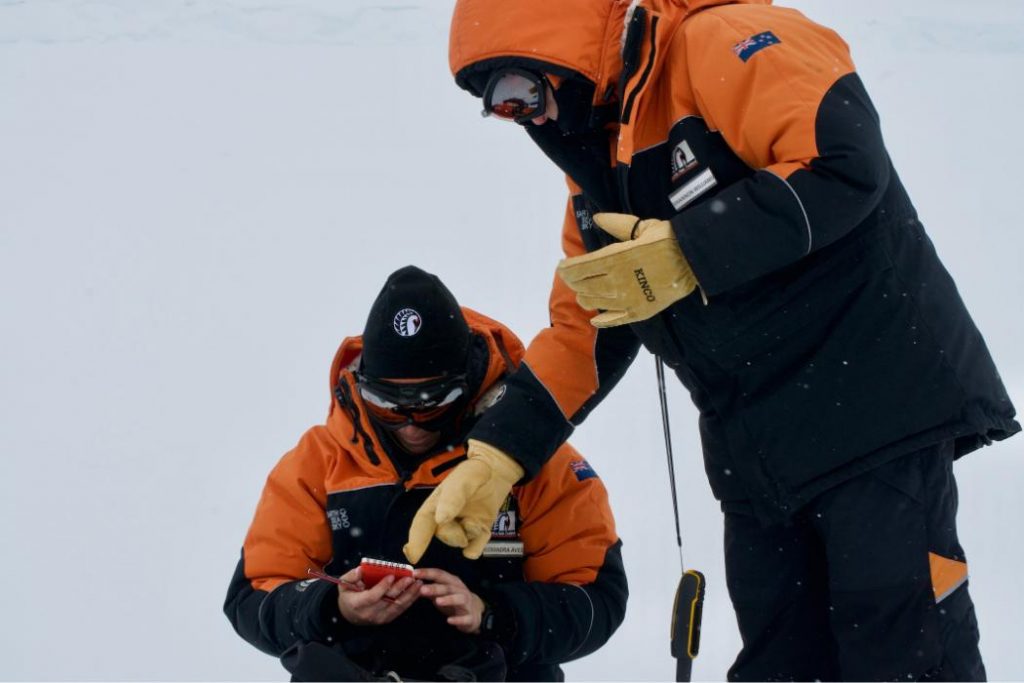11 Dec 2024

Tired Earth
By The Editorial Board

Microplastics have been found in freshly fallen snow in Antarctica for the first time, which could accelerate snow and ice melting and pose a threat to the health of the continent’s unique ecosystems.
The tiny plastics – smaller than a grain of rice - have previously been found in Antarctic sea ice and surface water but this is the first time it has been reported in fresh snowfall, the researchers say.
The research, conducted by University of Canterbury PhD student, Alex Aves, and supervised by Dr Laura Revell has been published in the scientific journal The Cryosphere.
Aves collected snow samples from the Ross Ice Shelf in late 2019 to determine whether microplastics had been transferred from the atmosphere into the snow. Up until then, there had been few studies on this in Antarctica.
“We were optimistic that she wouldn’t find any microplastics in such a pristine and remote location,” Revell said. She instructed Aves to also collect samples from Scott Base and the McMurdo Station roadways – where microplastics had previously been detected - so “she’d have at least some microplastics to study,” Revell said.
But that was an unnecessary precaution – plastic particles were found in every one of the 19 samples from the Ross Ice Shelf.
“It’s incredibly sad but finding microplastics in fresh Antarctic snow highlights the extent of plastic pollution into even the most remote regions of the world,” Aves said.
Plastic pollution has been found from the summit of Mount Everest to the depths of the oceans. People are known to inadvertently eat and breathe microplastics and another recent study found that the particles cause damage to human cells. A study last year found that airborne microplastics are “spiraling around the globe”.
Aves found an average of 29 microplastic particles per litre of melted snow, which is higher than marine concentrations reported previously from the surrounding Ross Sea and in Antarctic sea ice.
Samples taken from immediately next to the scientific bases on Ross Island, Scott Base and McMurdo Station threw up larger concentrations – nearly three times that of remote areas.

There were 13 different types of plastic found, with the most common being PET – the plastic commonly used to make soft drink bottles and clothing.
Atmospheric modelling suggested they may have travelled thousands of kilometres through the air, however it is equally likely the presence of humans in Antarctica has established a microplastic ‘footprint’, Revell said.
“There was a photo we found of some marker flags that are put out for use for wayfinding around the base…those colors matched the most commonly colored microplastics that we found in the environment.”
Revell’s prior research has shown that microplastics in the atmosphere can trap radiation emitted by the Earth and contribute to climate change. Dark microplastics in icy surfaces could absorb sunlight and lead to localised warming, she said. The plastics can also be toxic for animals and plant life.
“We’re still learning a lot about the impacts, but from what we know so far, it’s not very good.”
Source : theguardian.com
Comment